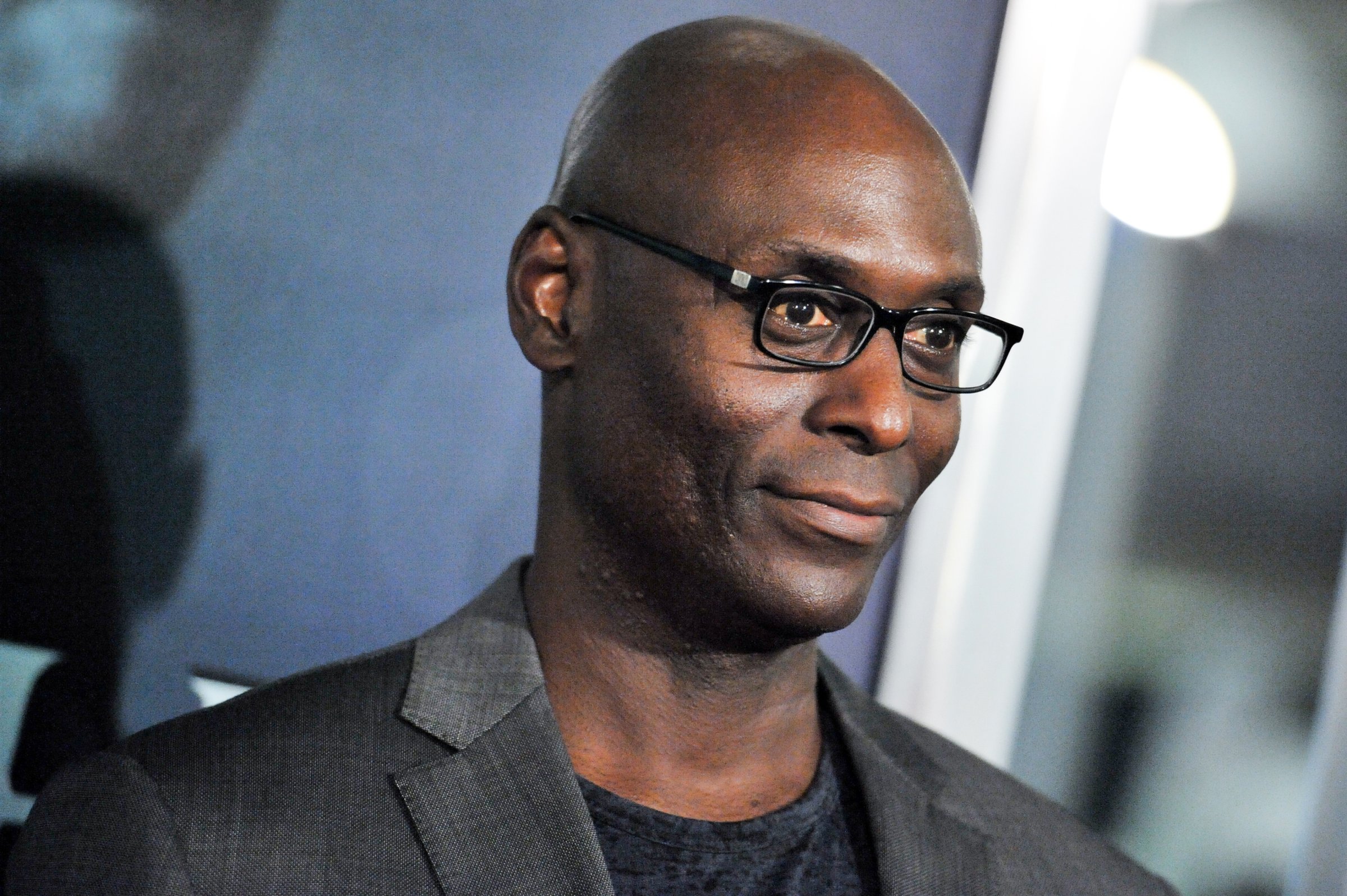
“A riot is the language of the unheard.” —Martin Luther King Jr.
“To be a negro in this country and to be relatively conscience is to be in a rage all the time.” —James Baldwin
When I saw the recent riots in Baltimore, I was stunned and in a bit of shock, not because it was happening but because it was happening in my hometown. In an instance where I might otherwise have taken to “making jabs on Twitter,” as a colleague put it, I have tried to stay off the Web, asking myself, “What can I do or say that will possibly make a difference?” In this moment, I am not speaking as a star. I’m not speaking as “that guy from <i>The Wire.</i>” I am speaking as a citizen, as a native son of Baltimore, as a black man.
The destruction of private property is wrong. Stealing is wrong. Random violence against other human beings is wrong. These are not new or revolutionary concepts at this point in human history. Any criminal element within a chronically impoverished and oppressed community will take advantage to do these things when the rage of that community reaches its boiling point. And make no mistake, the rage in the poor communities of color across this country is in a pressure cooker. Until we address the why of it, it will explode over and over and over again. And when I say <i>we,</i> I don’t mean just <i>us black folks.</i> I mean we as a culture—all of us Americans.
The recent riots in Baltimore were perhaps triggered by what happened to Freddie Gray, but I assert they were not because of it. Thanks to the technological innovation of the cell-phone camera, it seems to people who don’t live in or come from those neighborhoods that suddenly, cops are out of control. But this has been in the works for decades.
The war on crime initiated by President Richard Nixon, the war on drugs put into high gear by President Ronald Reagan and the increasing militarization of police forces—in terms of equipment and tactics used predominantly against nonviolent drug offenders and overwhelmingly in poor neighborhoods of color—have devastated those communities. Studies show that blacks and whites tend to use drugs in the same proportion, yet the prison system is swelling with people of color for nonviolent drug offenses. Where are the consistent stop-and-frisks and no-knock raids at white college frat houses or elite, predominantly white prep schools?
When a community consistently feels that a police force is an occupying army overwhelmingly filled not just with people who don’t look like them, but who don’t live in or come from their community, and consistently treat them like animals or see them as statistics to fill arrest quotas and ticket revenues, when their day-to-day living is already often a struggle to survive or make ends meet, how do you expect them to feel? How would you feel?
Last year I spoke to a recently retired homicide detective who had worked in a precinct in Brooklyn with one of the highest murder rates in the city of New York. He said to me, “Most of the people in the community are good, hardworking people.” I thought about that comment for a while, and I realized that in homicide, a lot, if not most of the job is talking to people, relating to them, getting to know and understand them so you can accurately read them. In my opinion, we need more of that.
Until we get back to community policing; until we end this senseless war on drugs, which, as Michelle Alexander says in her book The New Jim Crow, has turned our criminal-justice system into a system of race and class control instead of a system of crime control; until we hold police violence against unarmed citizens to the same standard of justice and prosecution as that of everyone else, Freddie Gray, Eric Garner, Walter Scott, John Crawford, Michael Brown, Oscar Grant, Rodney King, Amadou Diallo and on and on will keep happening.
The bad news for the people in these neighborhoods is that ultimately the violence of the riots only ends up hurting them, not just because of the physical devastation to the neighborhood but through reinforced stereotypes and justification for greater militarization. Remember that Nixon’s war on crime was in large measure spurred by the riots in the wake of Martin Luther King’s assassination. It allowed Nixon to play on suburban white fears of urban black violence—great for an election year.
No matter how justified the rage, in this situation, violence just won’t work. As much as King is extolled for his spiritual genius and courage, he knew that violence was tactically untenable. What would I say to the protesters in Baltimore? I would say, “Please forgive me that I cannot be there with you.” And if I were there, I would say, “How can I help?”
More Must-Reads From TIME
- Dua Lipa Manifested All of This
- Exclusive: Google Workers Revolt Over $1.2 Billion Contract With Israel
- Stop Looking for Your Forever Home
- The Sympathizer Counters 50 Years of Hollywood Vietnam War Narratives
- The Bliss of Seeing the Eclipse From Cleveland
- Hormonal Birth Control Doesn’t Deserve Its Bad Reputation
- The Best TV Shows to Watch on Peacock
- Want Weekly Recs on What to Watch, Read, and More? Sign Up for Worth Your Time
Contact us at letters@time.com